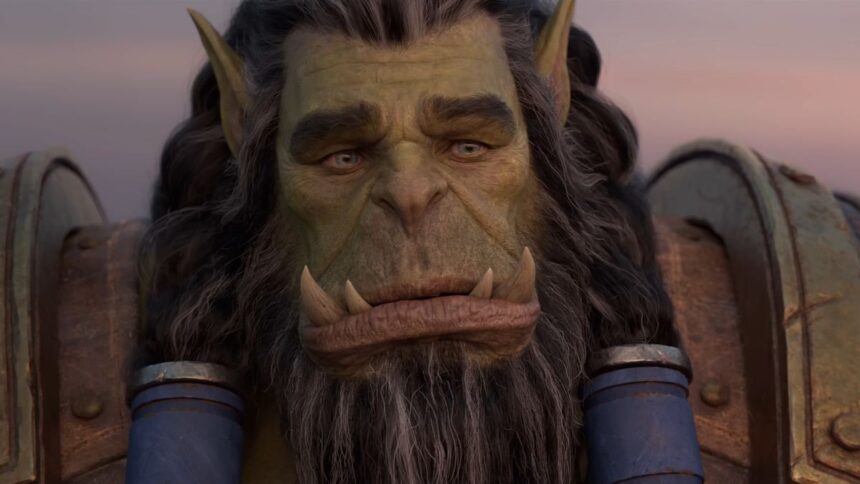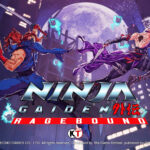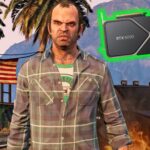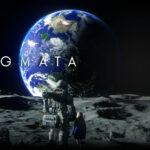As reported by IGN, former EA chief inventive officer Bing Gordon revealed on a latest Grit podcast look that the corporate had turned down alternatives to personal Name of Responsibility and Guitar Hero, and even purchase Blizzard. Gordon was talking to former Activision CEO Bobby Kotick, whose firm wound up capitalizing on all of these video games.
Fairly than shopping for Blizzard outright, Activision finally acquired the corporate by a merger with mum or dad firm Vivendi’s gaming division in 2008—Kotick characterised Blizzard, and extra particularly World of Warcraft, as the one worthwhile a part of Vivendi’s video games enterprise on the time. Previous to this, Gordon recalled, “There was a time when [Vivendi] requested for $800 million [for Blizzard],” however that “[former EA CEO Larry Probst] would not meet with them.”
Summing up the distinction between EA and Activision’s respective acquisition methods, Gordon mentioned, “Name of Responsibility, Guitar Hero, Blizzard, EA noticed all these first and handed on all of them.” Bing additional expressed, “That is why I’ve double-high respect for [Kotick] saying, ‘no, no, that is going to be good to personal.’ And then you definitely stored the folks round.
“I am fairly certain that a few of these corporations, the inventive leaders, wouldn’t have caught round, so you probably did some form of miracle of retaining them productive for lengthy intervals of time.”
This wasn’t the top of issues both. Kotick revealed later within the dialog that EA needed to buy or merge with Activision a number of occasions over time: “They tried to purchase us a bunch of occasions, we had merger conversations a bunch of occasions.”
I am inquisitive about the place within the timeline the EA angle on Name of Responsibility falls, as Infinity Ward was first shaped by disgruntled Medal of Honor builders who did not wish to maintain working with EA on that sequence. My guess could be that Gordon is referring to EA’s lack of this expertise within the first place, slightly than a later alternative to swipe Infinity Ward and CoD from Activision.
The query of expertise retention is an fascinating one, as a result of neither Activision nor EA have significantly sterling reputations in that regard. Founding members of Infinity Ward would finally depart the studio and located Respawn, satirically again beneath the auspices of EA, and the seemingly acrimonious break up nonetheless has a outstanding place within the Name of Responsibility mythos. Blizzard has struggled to search out its manner in recent times, significantly after the reveal of Activision Blizzard’s sexual harassment disaster within the early 2020s.
However whereas Activision has pushed off key expertise and garnered a comparatively detrimental popularity amongst avid gamers, EA was, for a very long time, unparalleled when it got here to buying beloved studios solely to shut or intestine them: Visceral Video games, Origin Programs, Westwood, Pandemic, and now BioWare all spring to thoughts.
No matter you could say in regards to the two publishers from a perspective of creativity or artistry, within the grand recreation of enterprise and pure cashflow, Kotick’s Activision clearly gained—not simply over EA, interval. The corporate’s popularity has comfortably shrugged off its harassment and labor rights scandals to the tune of Microsoft’s unprecedented $68.7 billion acquisition, persevering with common releases in mega franchises like Name of Responsibility, Diablo, World of Warcraft, and Overwatch. EA, in contrast, is a medium-sized fish within the trade pond lately, and never a very wholesome one at that. Respawn’s Apex Legends and Jedi sequence are noteworthy vivid spots amid flagging returns on EA’s sports activities franchises and its squandering of BioWare.








